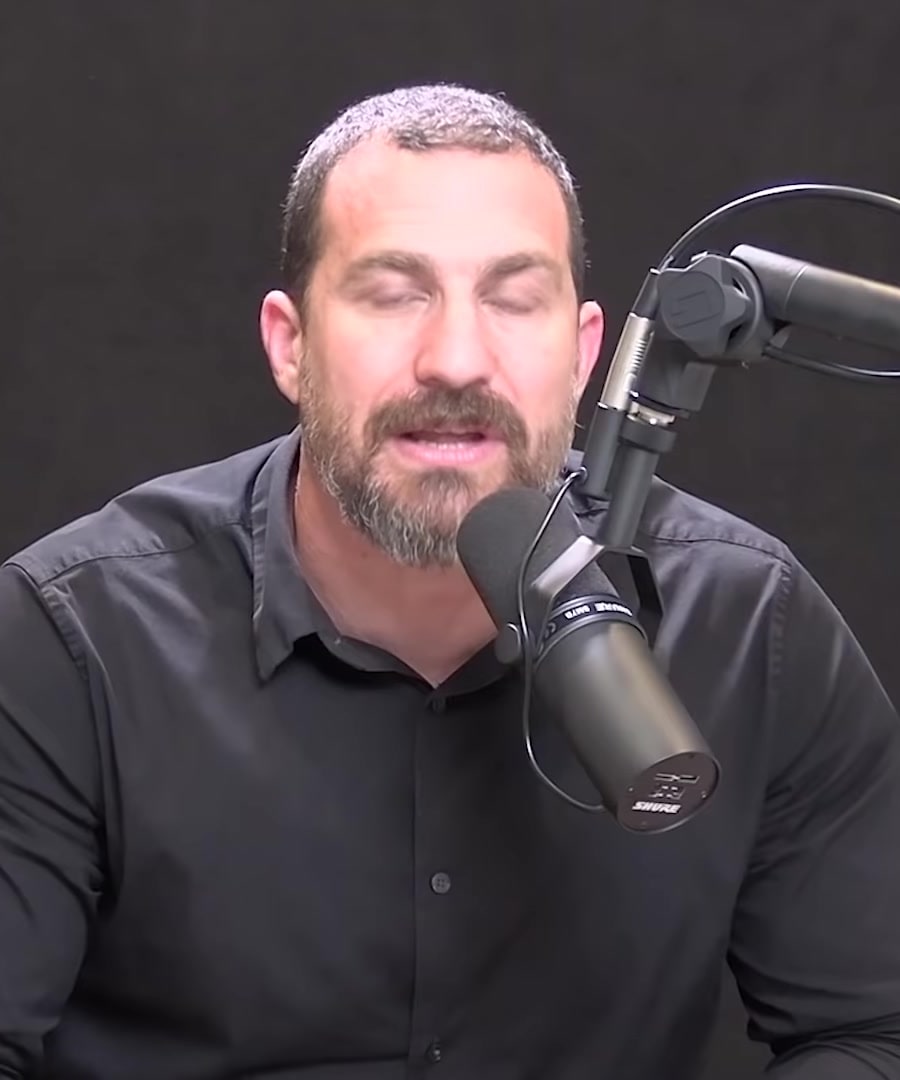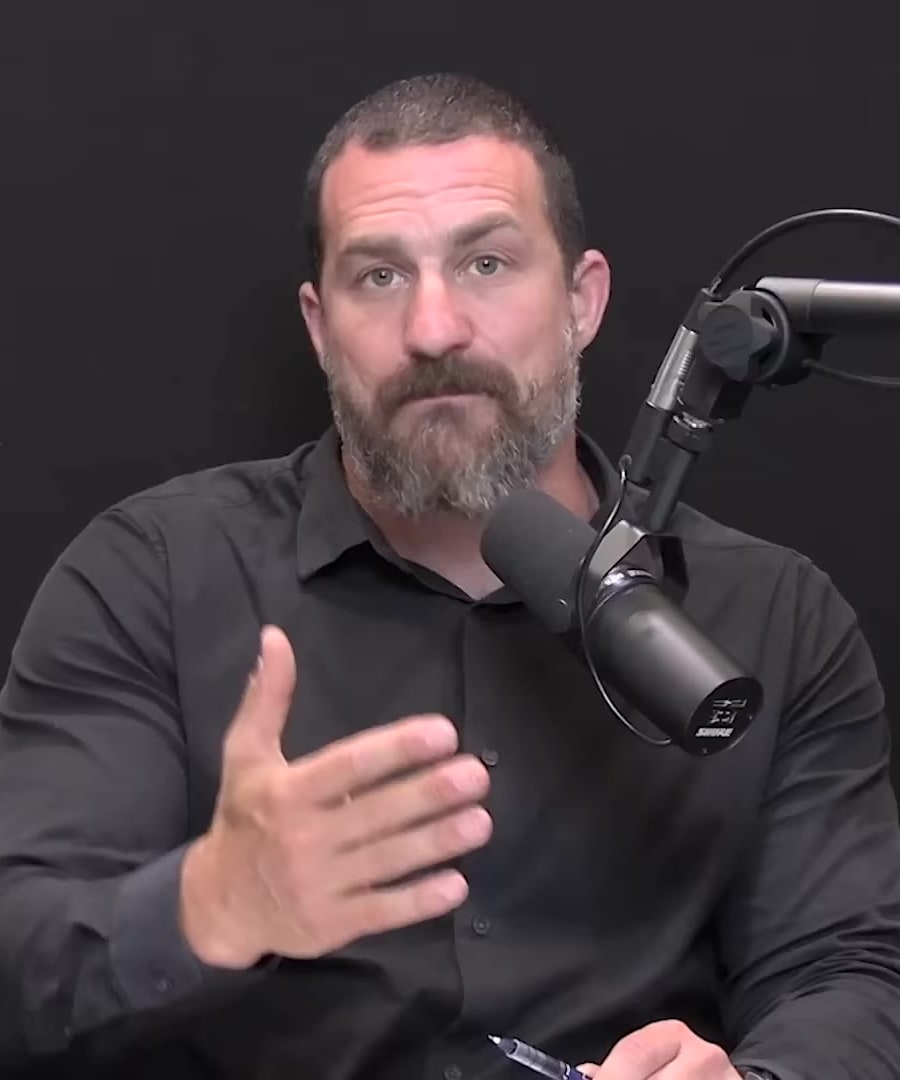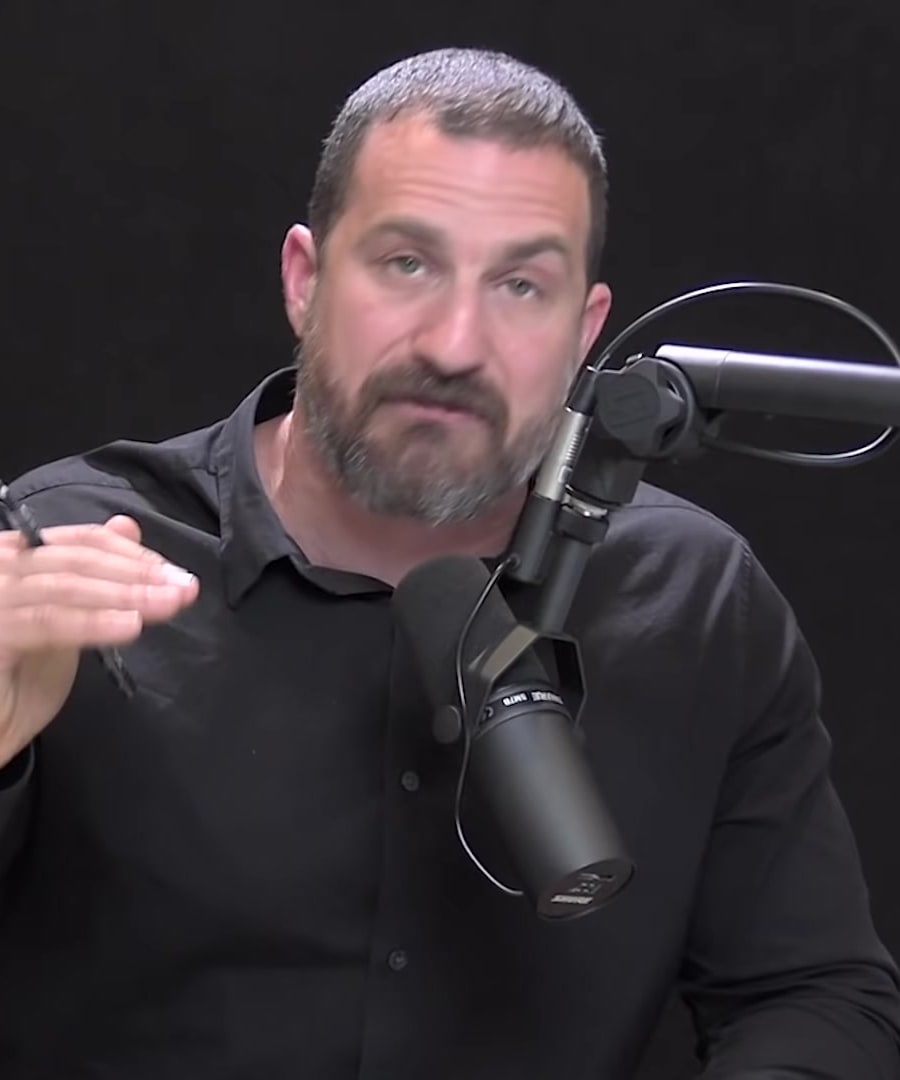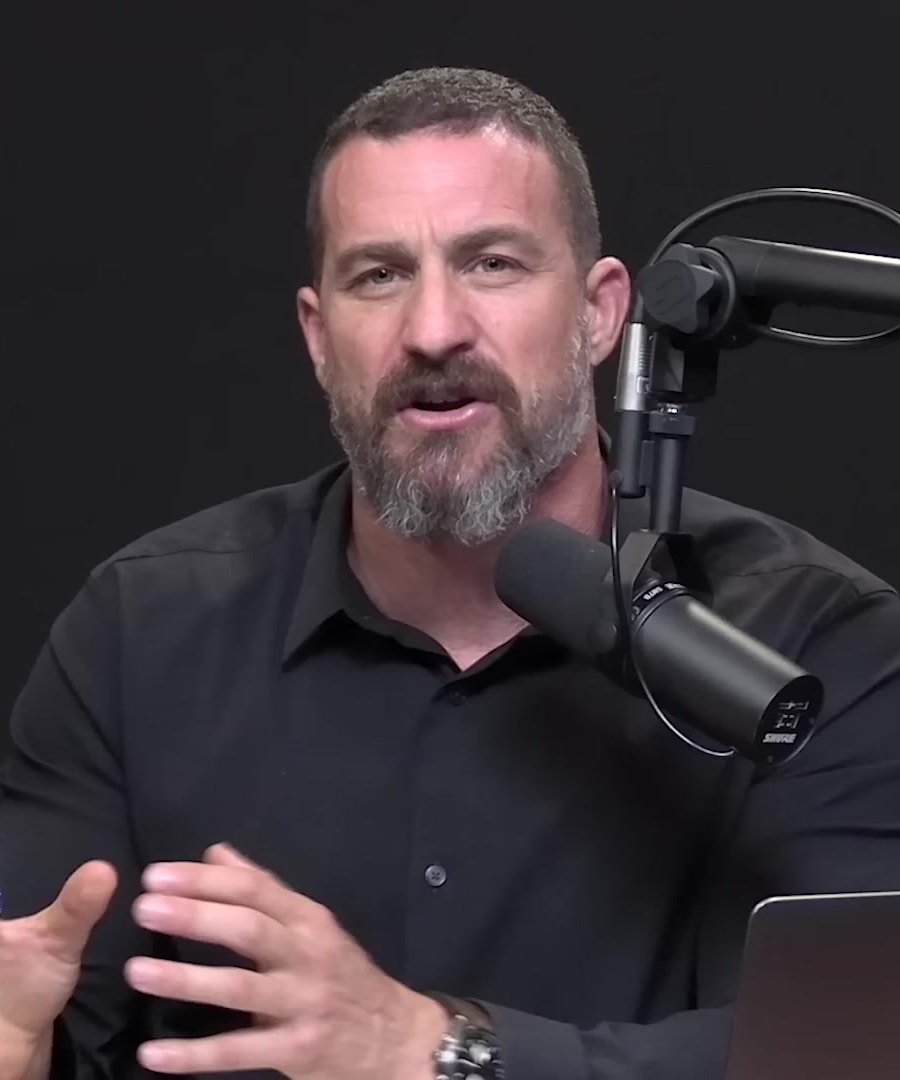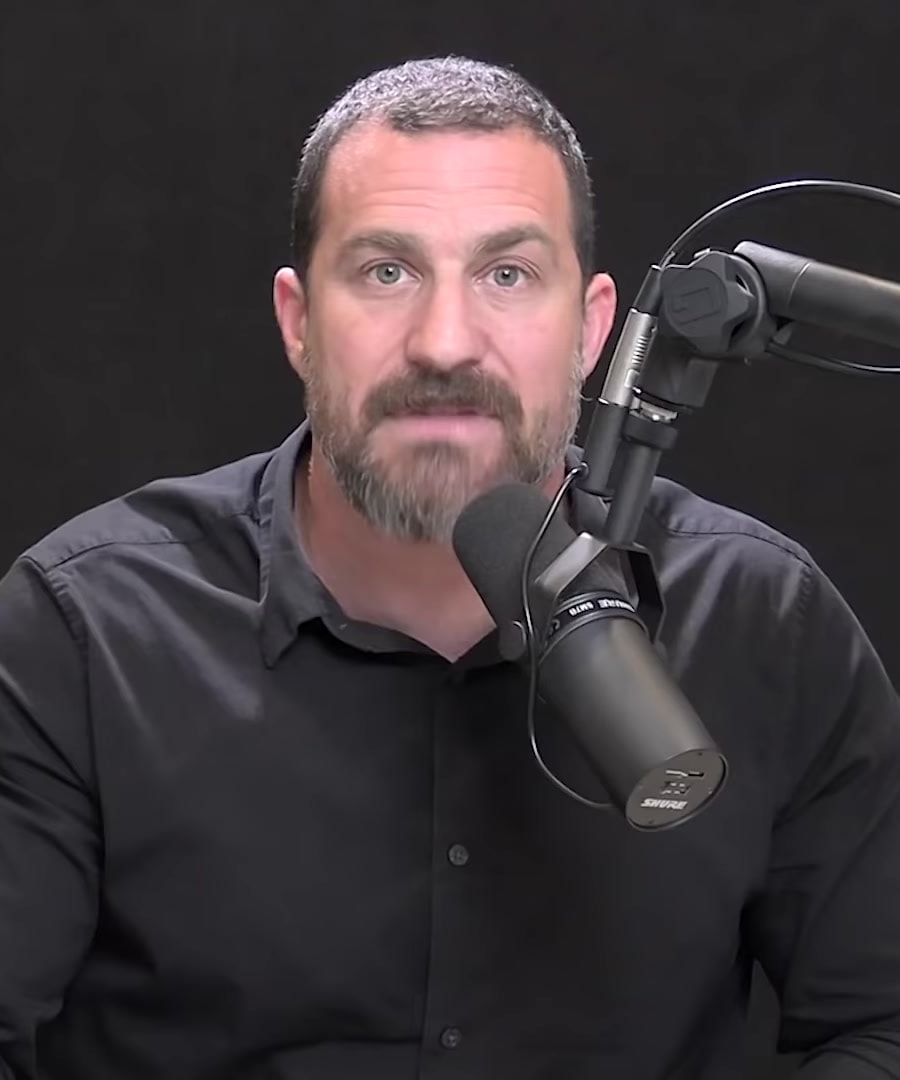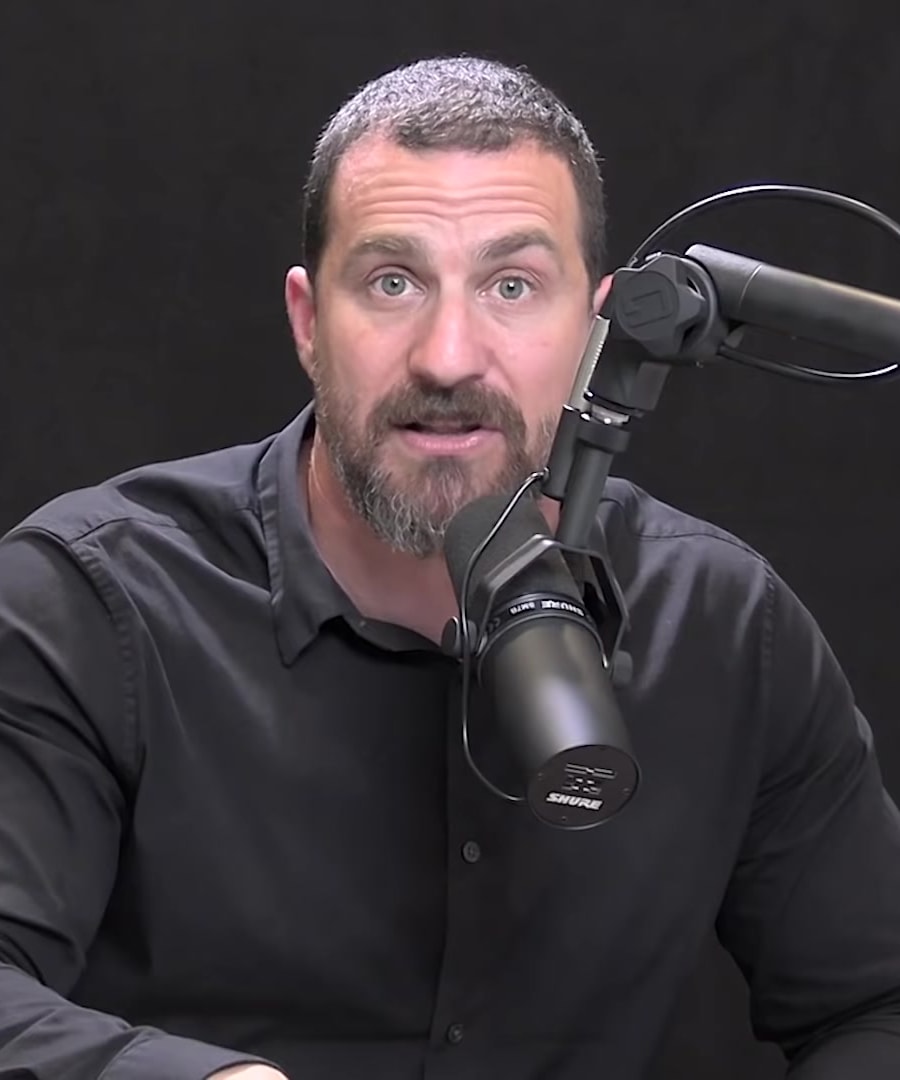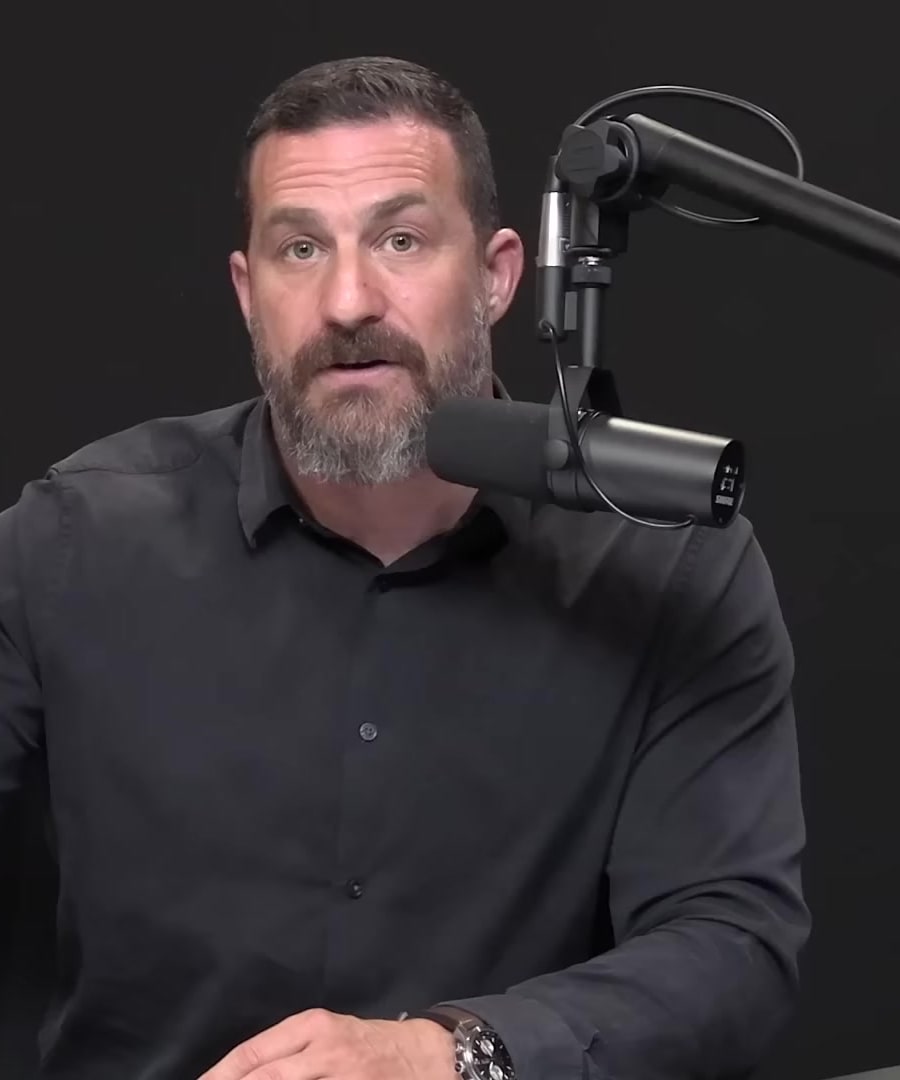Dr. Andrew Huberman has not discussed CDP-Choline (Citicoline) specifically, but he has provided extensive insights into ADHD treatments, dopamine regulation, and other related compounds.
-
Dopamine and ADHD:
- Low dopamine levels play a critical role in ADHD. Dr. Huberman elaborates on the "low dopamine hypothesis," explaining that insufficient dopamine in specific brain circuits leads to improper neuronal firing, disrupting attention. This insight comes from observing that people with ADHD often seek stimulants like caffeine or recreational drugs to raise dopamine levels 1.
-
Alternative Approaches:
- Dr. Huberman discusses emerging non-prescription compounds showing promising results in increasing dopamine and brain function. While traditional medications like Ritalin and Adderall are effective, newer nootropics and supplements might offer additional benefits without some of the adverse effects 2.
-
Prescription Medications:
- Common ADHD medications like Adderall and Ritalin influence dopamine and norepinephrine levels, enhancing focus and attention. Dr. Huberman notes these drugs' efficacy and potential for misuse, given their similarity to substances like methamphetamine and cocaine 3 2.
-
Behavioral and Supplement Strategies:
- Besides pharmaceuticals, Dr. Huberman emphasizes behavioral, nutritional, and supplement-based approaches to managing ADHD. He underscores the importance of a personalized treatment plan that might include lower doses of medication supplemented by other strategies 4.
-
Potential for Addiction Treatment:
- Although CDP-Choline hasn't been specifically cited, his general approach suggests openness to novel treatments for addiction. For instance, understanding dopamine's role in addiction and ADHD could inform potential CDP-Choline's efficacy in treating these conditions, given its effects on dopamine 1 5.
Your gratitude for Dr. Huberman and his team is noted, and I'm sure it's appreciated. Their comprehensive research and educational efforts indeed make a significant impact.
